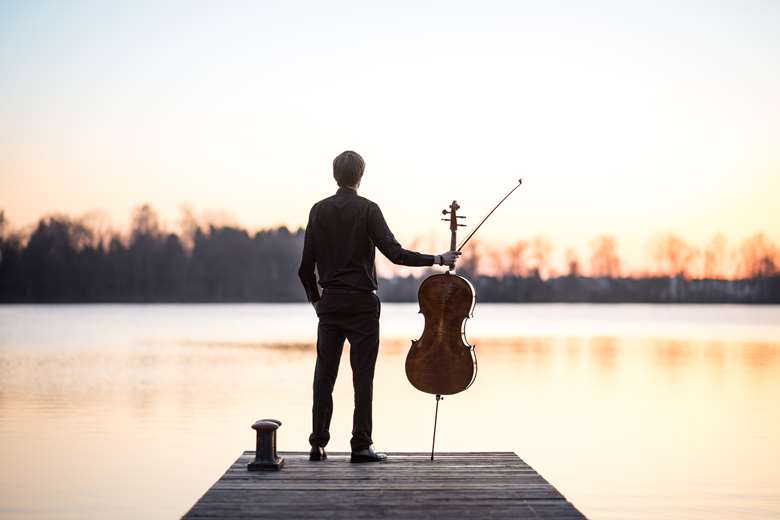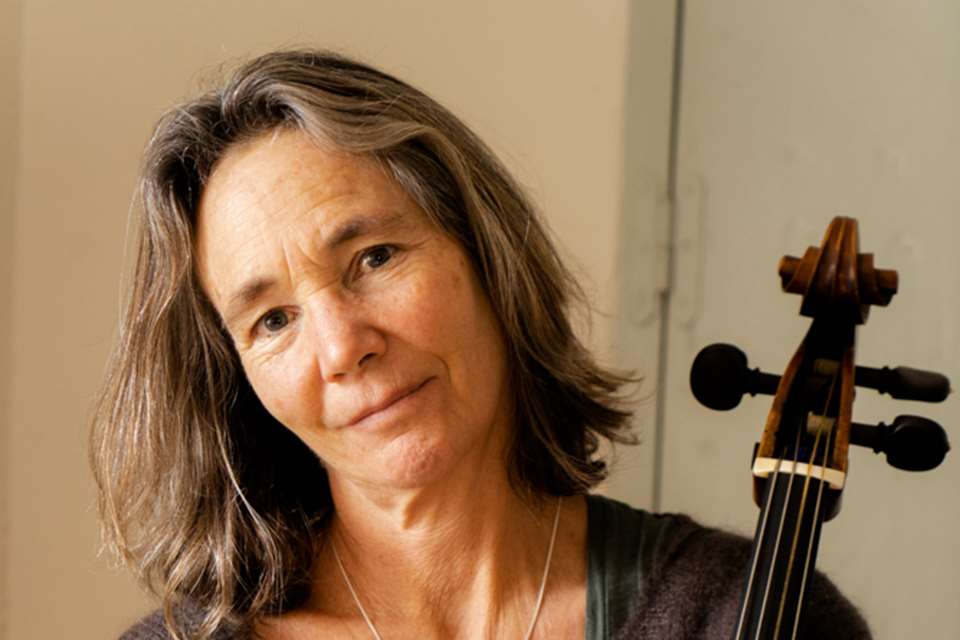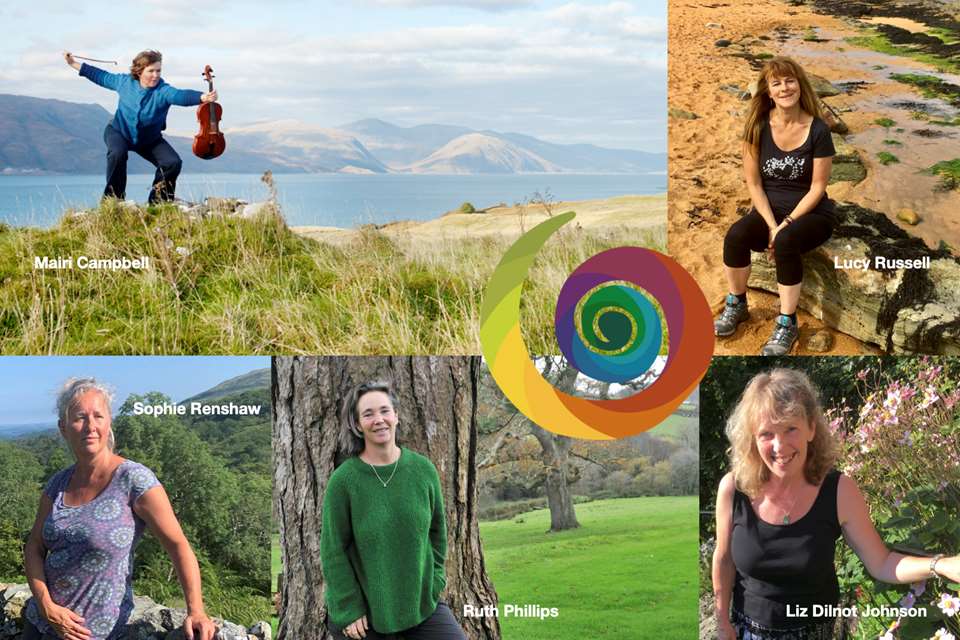The practice of self-compassion: radical growth for musicians
Sophie Renshaw
Monday, July 12, 2021
Sophie Renshaw explores the ways in which negative thought patterns and tired ways of thinking can limit a musician's creativity.


Register now to continue reading
Don’t miss out on our dedicated coverage of the classical music world. Register today to enjoy the following benefits:
- Unlimited access to news pages
- Free weekly email newsletter
- Free access to two subscriber-only articles per month

